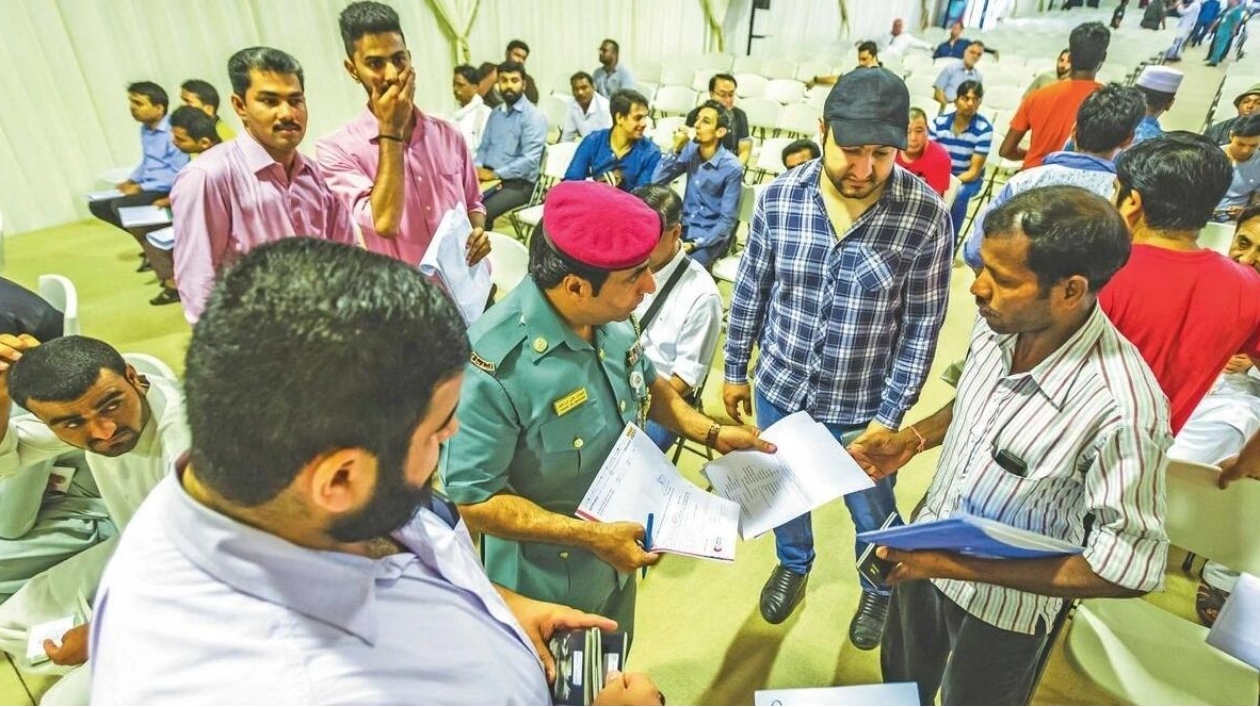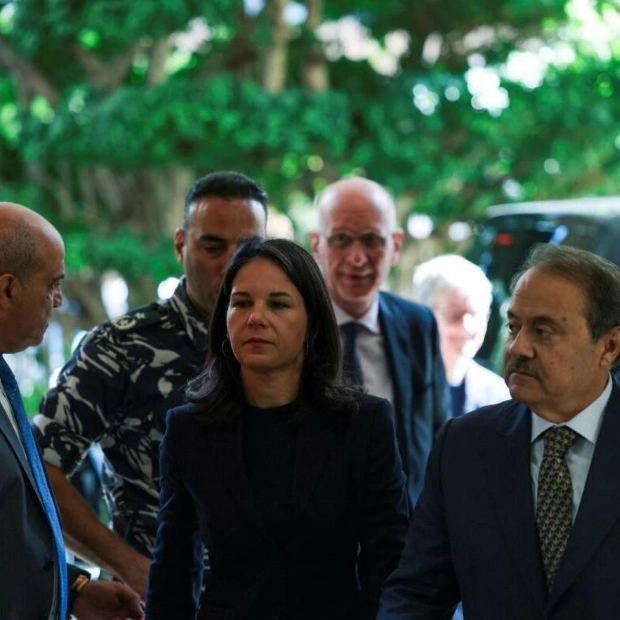As the impending visa amnesty offers illegal residents a chance to legalize their status and remain in the UAE, some overstayers are solely focused on returning home. Nicholas Deneka, a 45-year-old Nigerian national, has been stuck in the UAE for four years, facing fines exceeding Dh150,000. Deneka, who served as a supervisor at a construction company from 2017 to 2020, lost his job due to the Covid-19 pandemic's impact. "The projects at the company where I worked were halted as businesses faltered," he recounted to Khaleej Times. Despite his persistent job hunt, the accumulated overstay fines dimmed his prospects of finding legal employment. "After my visa lapsed, I kept searching for work. By August 2022, my fines had reached over Dh50,000. I despaired of paying it off while supporting my family back home," he explained. Deneka turned to odd jobs—porter, car cleaner, and house cleaner—to survive. "These years have been arduous, with each day a struggle. I never envisioned my life taking this turn," he reflected. "This amnesty is my final hope. I yearn to reunite with my family and begin anew. The UAE has enriched my life, but now it's time to return home," he added.
The UAE government is offering visa violators a two-month window to legalize their status and have fines waived under an amnesty starting September 1. Specific procedures are yet to be detailed. Mary Bangcas (name altered), a 32-year-old Filipina, hasn't been with her family for six years. "I deeply miss my family. It's been too long since I've seen them, and this situation is devastating," said the expat who arrived in Dubai in 2018. She resigned as a receptionist in December 2022 due to salary disputes and unresolved issues, leading to a legal case and travel ban by her employer. "I'm owed salaries and benefits from my company. They've left me in limbo, unable to work or leave," Bangcas stated, hoping the amnesty might resolve her legal woes.
Raj Kumar, 38, from Tamil Nadu, India, came to the UAE in 2019 to work as a construction laborer, aiming to support his family. Instead, he faced a harrowing ordeal. Kumar alleged his employer subjected him to relentless verbal and physical abuse, withholding his passport and salary. In 2022, unable to endure the abuse, he fled, becoming an absconder with an invalid visa. "I feared approaching the authorities, unsure of my fate. I had no funds, nowhere to go, and no means to return home," Kumar recounted. Now, he views the amnesty as a lifeline. "This grace period is my sole opportunity to emerge from hiding, clear my name, and return to my family," he said. "I'm thankful for this chance and look forward to a fresh start."






